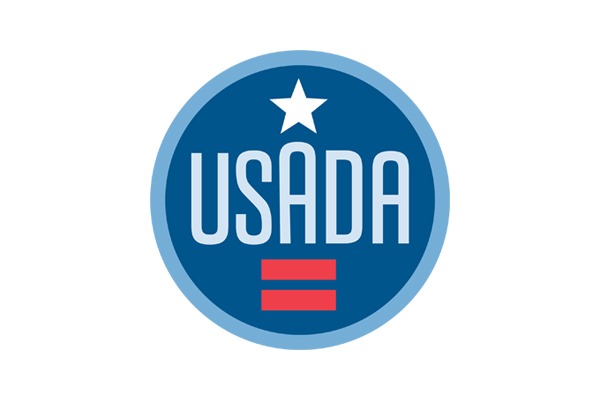 “As a follow up to last week’s release, we want to provide more information around the issue of THC positives and Sha’Carri Richardson’s sanction announcement.
“As a follow up to last week’s release, we want to provide more information around the issue of THC positives and Sha’Carri Richardson’s sanction announcement.
“Regarding the way in which THC positives are handled, the World Anti-Doping Agency (WADA) sets the rules for the world that all countries—including the United States—have to follow. While the U.S. government has a seat at the table to provide feedback, and will continue to speak up for athletes, we are ultimately bound to the WADA rules. This is true even in sad and tough cases like this one, where we might take a different approach if the choice was ours to make.
“Even if we just ignored the rules, which would make us non-compliant and in violation of our USOPC and federal government agreements, WADA and World Athletics could appeal our decision. In the event of an appeal, Sha’Carri certainly would not receive less than the minimum one-month sanction, and she might receive more.
“Per the rules, she received the absolute minimum period of ineligibility, with the minimum being one month. We’ve had two other recent cases, Tate Jackson (swimming) and Kahmari Montgomery (track and field), involving THC positives that were resolved the exact same way – with a minimum one-month sanction and disqualification.
“While the rules here are clear, it is a terrible situation. Of course, it is important to emphasize that, as Sha’Carri said, she takes full responsibility and ownership of the decision to use marijuana despite knowing it was a risk. She learned about those risks during in-person education with USADA on multiple occasions, and several times she completed our online education modules, all of which address marijuana.
“None of this makes the situation any easier, as the real issue here is trying to find ways to support athletes who find themselves dealing with mental health issues similar to hers, where she decided that the use of marijuana was her only option to deal with her emotional pain even though it could easily put her career at risk.
“Inclusion of Cannabinoids, including marijuana, on the Prohibited List has been vigorously debated since WADA’s inception back in 2003. Many now support it being removed since the list should be primarily about performance-enhancing substances and because marijuana is widely available in certain countries. However, many also agree from a sport health and safety standpoint that it should remain on the list to prevent possible impairment and serious injuries during competition.
“For example, we don’t want an impaired cyclist speeding at 70 miles per hour in a group of other cyclists down a mountain in the Tour de France or a similarly impaired snowboarder risking injuries on a half-pipe at the Olympics.
“In our UFC program, which is not bound by the World Anti-Doping Code, we treat THC positives differently. It is tested for, but not considered a sanctionable offense unless there is intent to use for performance enhancement, which of course could jeopardize athlete health and safety. It’s also important to note that state athletic commissions have marijuana rules of their own that may prohibit use.
“As we’ve stated, these cases are heartbreaking for us. Hopefully, this case can be used as an example as to the reasons why it’s time to revisit the issue. While the new Substances of Abuse provisions allow for reductions in sanctions for recreational drug use not connected to sport performance, athletes remain responsible for all substances they ingest. And it is important to note that despite the social, legislative, and scientific debate around cannabis in the U.S., there is global input on the way the anti-doping rules are formed that may not fully align with American sentiment. Not every country is engaged in the same debate about marijuana that the U.S. is now.
“Our hope is that sport and society focus on the core mental health issue going forward, which is how we find ways to help athletes with their pressures and traumas in a way where they do not feel they need to take a risk that may jeopardize their ability to compete and do what they love.”
For more information or media inquiries, click here.



